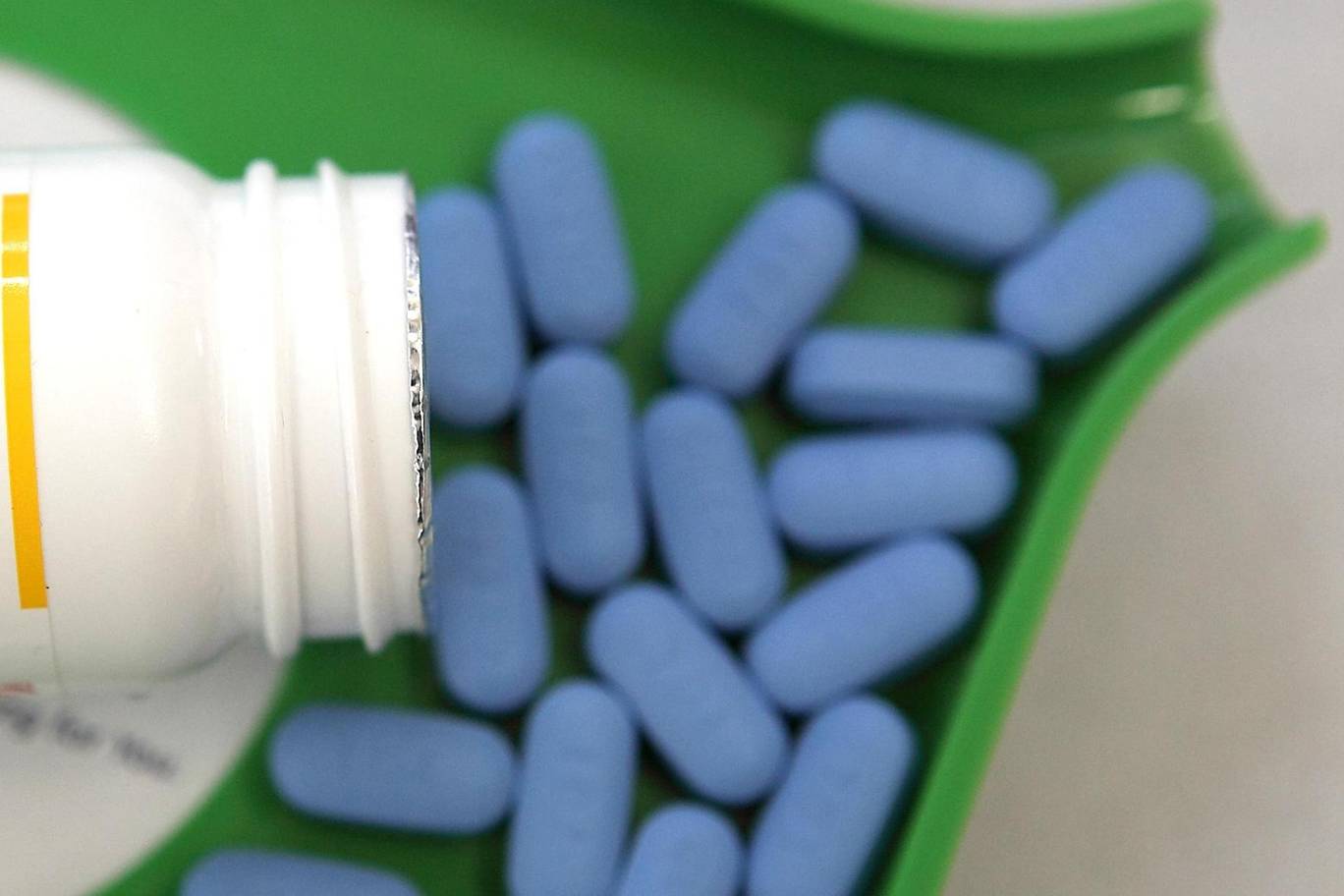PrEP or pre-exposure prophylaxis is often taken in the form of a daily pill in order to prevent the contraction of HIV. It was first approved for use in 2012 and since then has been rolled out in numerous countries with all trials showing it is nearly 100% effective.
In 2017 NHS England began a trial of the drug with 10,000 places rolled out in high-risk areas such as London, Brighton, and Liverpool. This saw great success and 3,000 extra places were added. In those areas where the drug was made available on the NHS, the benefits were inspiring. 2017 saw the first ever drop in new HIV diagnosis in gay and bisexual men with a 25% drop in London and PrEP looks set to help propel England towards its goal of zero new HIV transmissions by 2030. NHS England said that the deadline for full implementation would be Spring 2018 following the lead of NHS Scotland and Wales who have already provided uncapped access to PrEP.
Then the deadline came and went. Now it’s 2019 and everyday one young person in the UK is still being diagnosed with HIV. Gay and bi-sexual men are being turned away from over 40 clinics as places are full up and free access to the drug remains restricted to those areas in which it was first rolled out. Worse still, of those gay and bi-sexual men which were denied access to the trial, there are some who have since been diagnosed as HIV-positive.
The good news is that this month the NHS have pledged to double the places on the English PrEP trial, from 13,000 to 26,000. The bad news is that this means the drug is still only accessible to a fraction of those at risk of contracting HIV in England. This is not say this is not a huge step in the right direction, but it is worth asking why is England is lagging so far behind the rest of the UK and access to the drug remains restricted.
We know it’s not its effectiveness, the numbers speak for themselves. As for expenses, with the NHS spending an estimated £360,000 over the course of the lifetime of each person who contracts the virus, PrEP could save the NHS £1 billion according to its own analysis. So maybe it’s worries over the side effects, could it be that the pill is too risky? No. Numerous medical trials have proven its safety.
That seems to leave us with one explanation; the explanation being that the stigma around HIV and AIDS is still prevalent enough that there is a lack of concern over people’s safety. Lloyd Russell-Moyle, MP for Brighton made history this November by being the first MP to declare himself HIV-positive in Parliament. He spoke of PrEP in his speech and questioned why people cannot get immediate access to PrEP. He suggested that the ‘trial is more concerned about what a person does between the sheets than the health of the nation’. This may refer to the arguments which have been thrown out against PrEP which cite that its use may lead to takers engaging in riskier sexual activity such as not using condoms, which can lead to the spread of other STIs which PrEP doesn’t protect against.
It is hard to ignore the similarities with the complaints made against the female contraception pill when it was first released. In both cases the arguments seem to be a thinly veiled policing of people’s sexual activity. Surely, the solution to this problem is not taking away a source of protection but improved education about other protection and better access to condoms. If the Pill was rationed today under the same guise, would people not have something to say about it?
The expansion of the NHS trial is a milestone and should be celebrated. But it is not enough by any means. Restricted access to PrEP is the product of a much deeper problem, rooted in the continued stigma surrounding HIV and AIDs. Hopefully this expansion, and Lloyd Russell-Moyle’s landmark speech, are signals that this too is changing.
Alex Chitty
Image Credit: Getty Images

